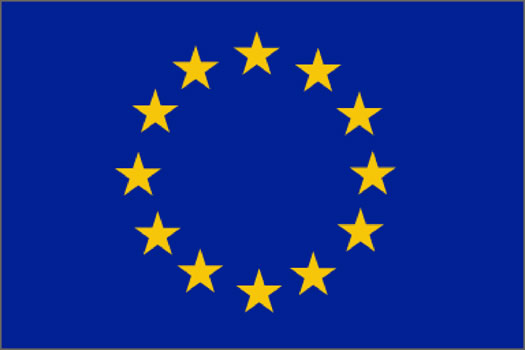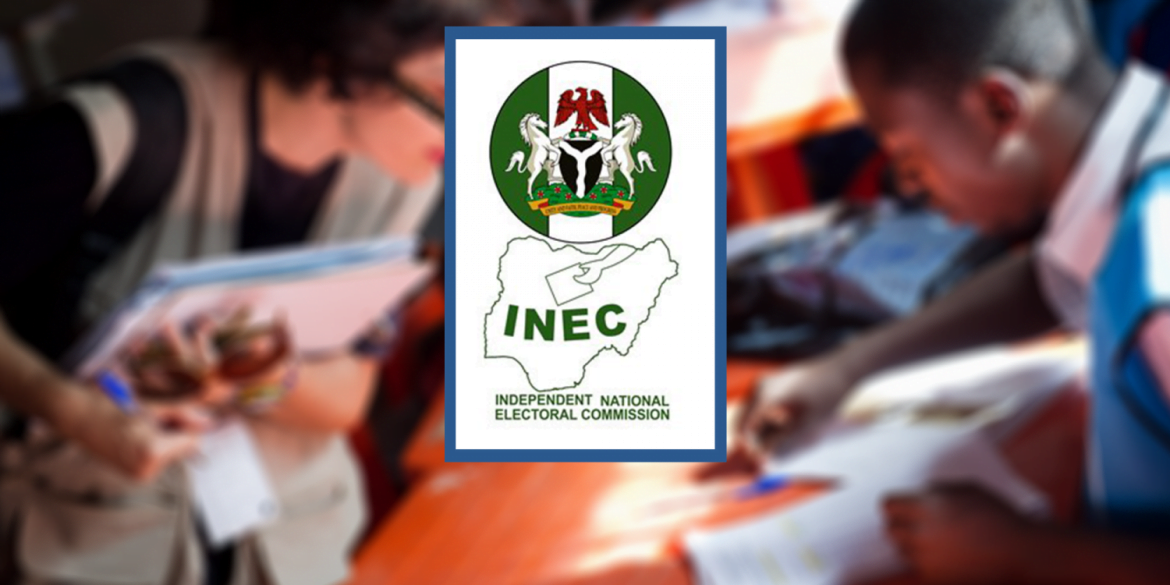EU EOM Report Offers “Helpful” Recommendations
The European Union Election Observation Mission (EU EOM) has presented its final report on Nigeria’s general elections. Bola Tinubu of the All Progressives Congress (APC) was declared the winner of the highly-disputed presidential election held on February 25, 2023. The defeated candidates, Atiku Abubakar of the Peoples Democratic Party (PDP) and Peter Obi of the Labour Party (LP), have taken their case to the Presidential Election Petition Tribunal to contest the election results.
The EU EOM conducted its work between January 11 and April 11 upon the invitation of the Independent National Electoral Commission (INEC). The mission consisted of 110 observers from 25 EU Member States, as well as Norway, Switzerland, and Canada. A delegation from the European Parliament also joined the EU EOM for the observation of the Presidential and National Assembly elections.
During a press briefing in Abuja, the Chief Observer, Barry Andrews, acknowledged the commitment of Nigerian citizens to the democratic process leading up to the 2023 general elections. However, he highlighted enduring systemic weaknesses that were exposed during the election, emphasizing the need for legal and operational reforms to enhance transparency, inclusiveness, and accountability.
The EU EOM offered 23 recommendations for the Nigerian authorities to consider in order to improve future elections. Six priority recommendations were identified, including the removal of ambiguities in the law, the establishment of a publicly accountable selection process for INEC members, the real-time publication and access to election results, greater protection for media practitioners, addressing discrimination against women in political life, and tackling impunity regarding electoral offenses.
Andrews emphasized the importance of political will to achieve improved democratic practices in Nigeria and called for inclusive dialogue among all stakeholders on electoral reform. The European Union expressed its readiness to support Nigerian stakeholders in implementing these recommendations.
In response to the report, Festus Okoye, the National Commissioner and Chairman of the Information and Voter Education Committee, acknowledged the significant improvements reported by international observers in the 2023 elections. He mentioned the registration of over 93 million Nigerians and the optimal performance of the Biometric Voter Accreditation System (BVAS). Okoye also acknowledged the challenges faced during the elections, including insecurity in some parts of the country, violence targeting election staff and citizens, fuel scarcity, and the redesign of the national currency. He assured that the recommendations from international observers would be reviewed and implemented, addressing administrative and legal issues.


